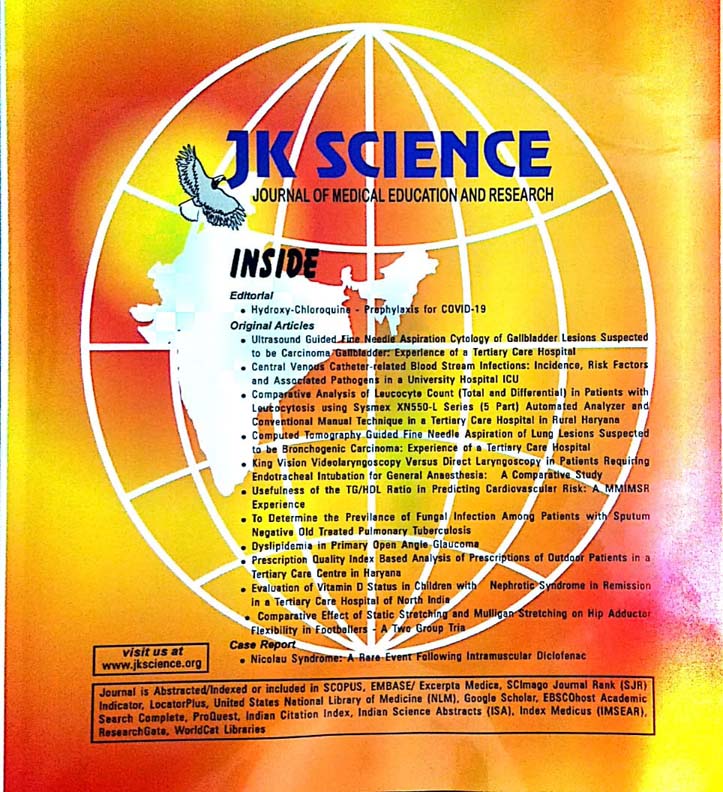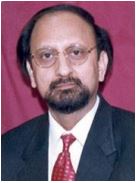Comparative Study to Evaluate the Role of Problem Based Learning Method Vs Conventional Teaching Method in Medical Education
Keywords:
Problem Based Learning, Conventional Teaching, Skill, ATECOM, Medical CurriculumAbstract
Background: Problem based learning (PBL) is well established method to promote integrated teaching, self-directive learning, early clinical exposure.
Objective: The Comparative Study was done to evaluate the role of Problem Based Learning Method Vs Conventional Teaching Method in Medical Education.
Method: In descriptive Observational study 150 second MBBS students participated in this study after valid informed consent. The participants were ascertained into two groups with 75 students each in both the group as group A & B. Group A was subjected to problem-based learning module of 20 minutes on 5 different modules at five different times and sittings. Group B was subjected to 20-minute standardised conventional teaching module five different times and sittings.
Results: PBL to be more interesting, interactive, easy, exciting and active learning method. PBL was supposed to increase attention span and keep students alert and focused and promoting conceptual learning. PBL was suggested to be more helpful in gaining confidence, managing real life situations. It was also found to me more promoting in problem solving and critical thinking. This method was also rated high in understanding the subject and improving the patient consultation skills. This method was found to display solid base of subject content knowledge, promoting constructive, collaborative and cooperative learning opportunities and links subject matter within and across disciplines.
Conclusion: PBL is more effective teaching learning method overall in comparison to conventional teaching method.
Downloads
Downloads
Published
How to Cite
Issue
Section
License
Copyright (c) 2022 JK Science: Journal of Medical Education & Research

This work is licensed under a Creative Commons Attribution-NonCommercial-ShareAlike 4.0 International License.





